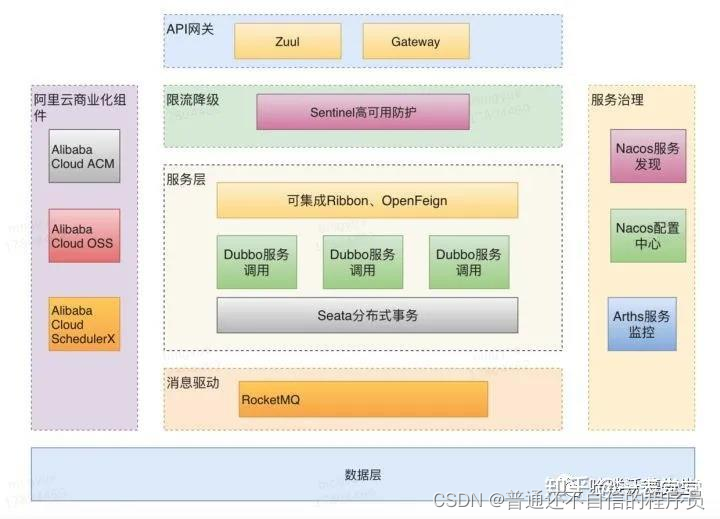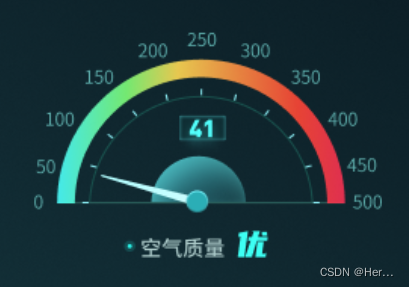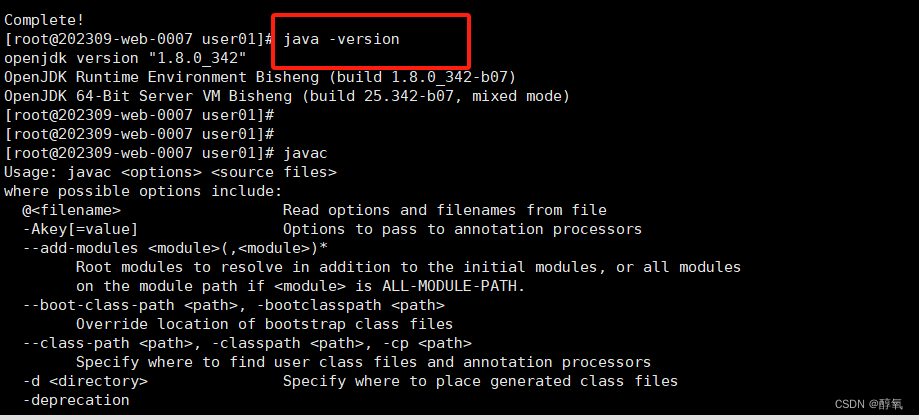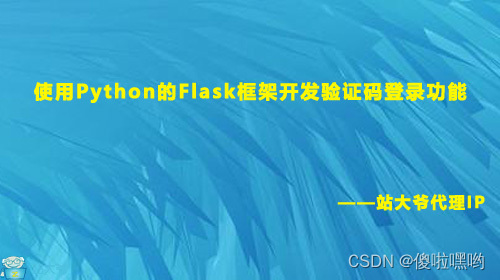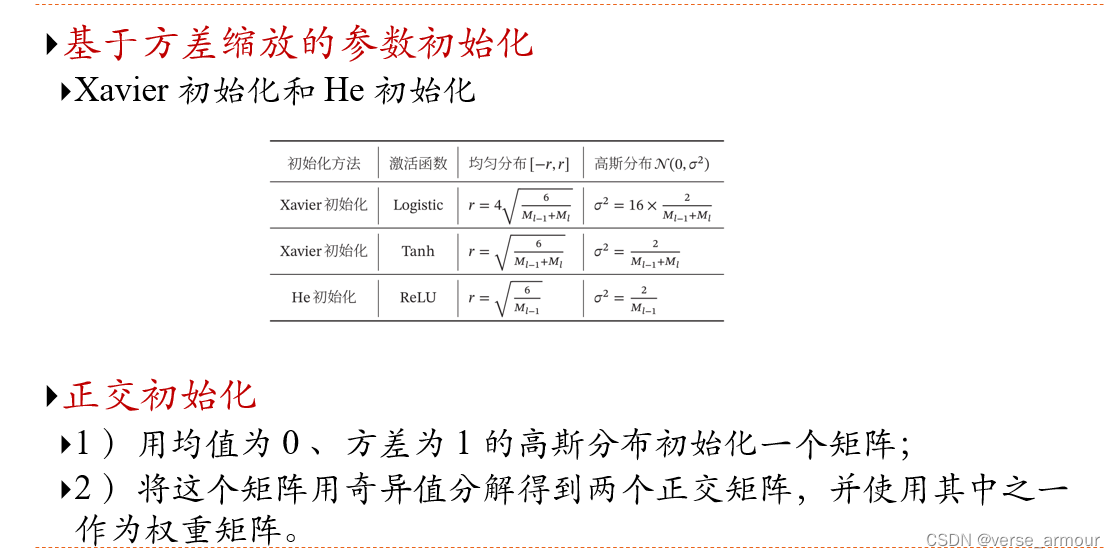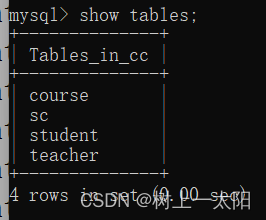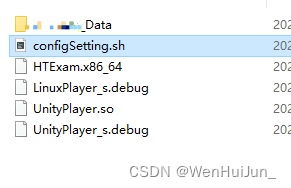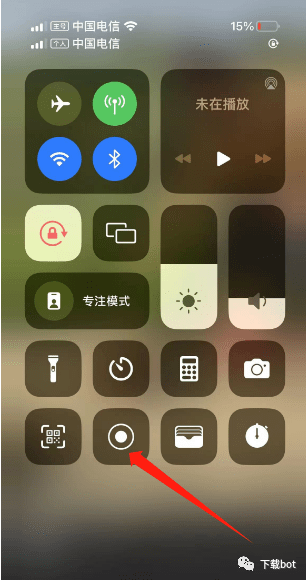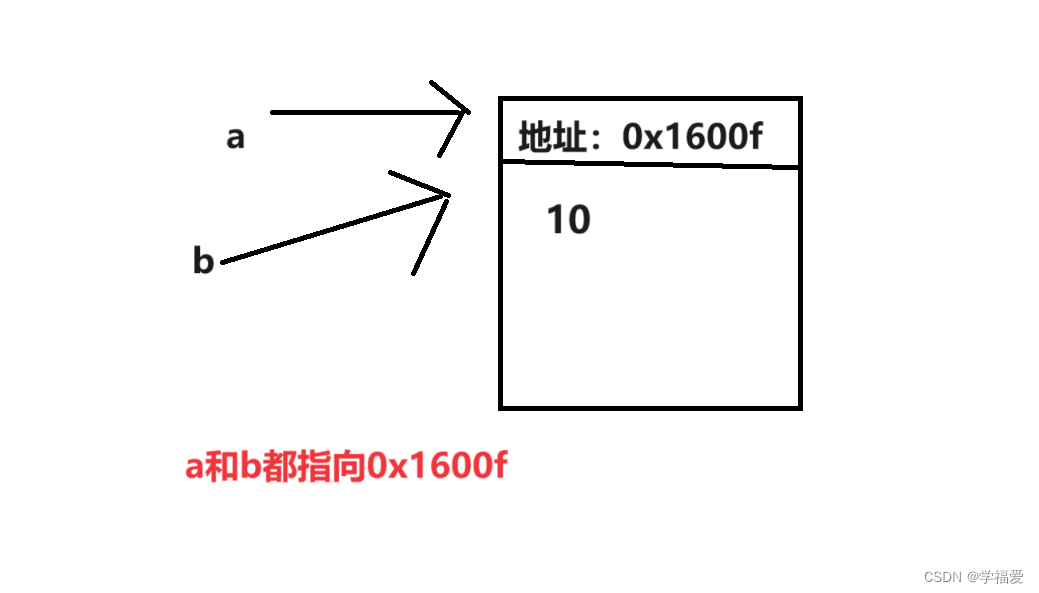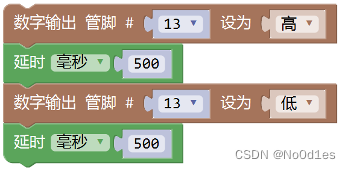最近在写协议的时候,遇到需要将一个36字符长度的UUID转为长度为16的字节数组;
这样处理的话那我们就需要保证唯一性和可还原;
于是我使用了下面的方式:
/**
* uuid转16字节数组
*
* @param uuidStr
* @return
*/
private static byte[] getBytesByUUID(String uuidStr) {
UUID uuid = UUID.fromString(uuidStr);
long mostSignificantBits = uuid.getMostSignificantBits();
long leastSignificantBits = uuid.getLeastSignificantBits();
ByteBuffer buffer = ByteBuffer.allocate(16);//开辟16个字节的空间
buffer.putLong(mostSignificantBits);
buffer.putLong(leastSignificantBits);
return buffer.array();
}
/**
* 方式2:原因是uuid的- 对唯一性没有影响
*
* @param uuidStr
* @return
*/
private static byte[] getBytesByUUIDOther(String uuidStr) {
String replace = uuidStr.replace("-", "");
byte[] bytes1 = HexUtils.fromHexString(replace);//16进制转字节数组
return bytes1;
}
还原:
/**
* 16位bytes 转uuid
* @param bytes
* @return
*/
public static String getUUIDStrByBytes(byte[] bytes) {
ByteBuffer buffer = ByteBuffer.wrap(bytes);
long most = buffer.getLong();
long least = buffer.getLong();
UUID uuid = new UUID(most, least);
return uuid.toString();
}
测试一下:
public static void main(String[] args) throws NoSuchAlgorithmException {
byte[] bytes = getBytesByUUID("56ad1015-ac93-46dd-8712-9fc4d9ab0171");
System.out.println("uuid 转 字节数组 " + Arrays.toString(bytes));
byte[] uuidOther = getBytesByUUIDOther("56ad1015-ac93-46dd-8712-9fc4d9ab0171");
System.out.println("uuid 转 字节数组 other= " + Arrays.toString(uuidOther));
String uuidStr = getUUIDStrByBytes(bytes);
System.out.println("16字节数组转 uuid = " + uuidStr);
}
}
结果:

可以还原已经证明了,怎么证明唯一性呢?
作证一:
这个问题还有待探讨,写这个文章就是想集思广益,看看这个大模型的回答:

UUID是36位字符,而保证唯一的是除了- 的32字符(uuid是16进制hex 转bytes是16 byte也就是128位),
16进制hex转的bytes因为uuid唯一,所以这个字节数组也唯一;
对于高64位的值mostSigBits和低64位的值leastSigBits也就是唯一的了;(会发现两者的到的数组一样)
作证二:
相信大家都知道uuid是唯一的那么,uuid判断唯一的方法一定可以作为依据;
从Java中util下的的UUID的源码来看:

它通过比较uuid的两个属性来确定两个uuid是否相同,
那么我对这两个属性进行转byte数组并组成一个16长度的bytes数组是不是也可以确定它的唯一性呢?(UUID底层也懒得研究)
或者大家有什么更好的方法来实现转换且能证明唯一性呢?
期待大佬们的补充。。。。


